I was weighing all my food to track my calories, but stopped after I spoke to a nutritionist
I thought I was making healthy choices, but a conversation with a nutritionist made me realize I may be doing more harm than good
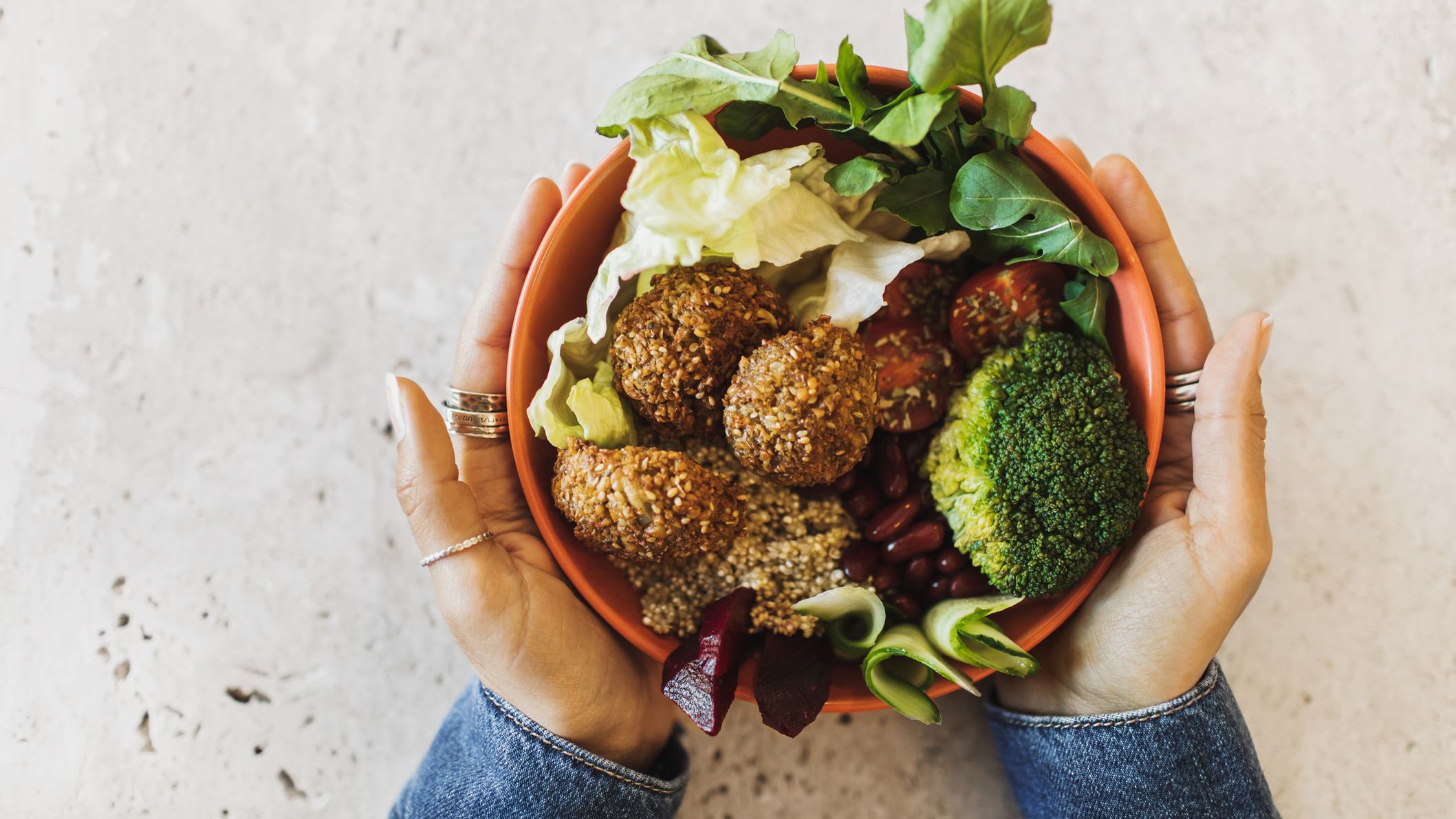
I'm someone who likes to commit myself completely to a regimen change, so when I decided that I wanted to lose weight in 2024 I made a plan to do it as thoroughly as possible. I started tracking my step count, calorie goals, protein intake and training sessions in a diary and I committed to waist measurements every Sunday.
Part of my new regime involved maintaining a calorie deficit of about 300-500 calories for six days of the week. Knowing how easy it is to under or over-shoot your intake, I picked up some food scales to weigh everything going into my body. Not only did I want to track my calories, but I also wanted to make sure that I was consuming 100g of protein every day to help my recovery after strength training.
However, a conversation with Healthspan nutritionist and author Rob Hobson convinced me that this kind of approach would actually do me more harm than good. Here’s what he said, when I laid out my weight loss plans.
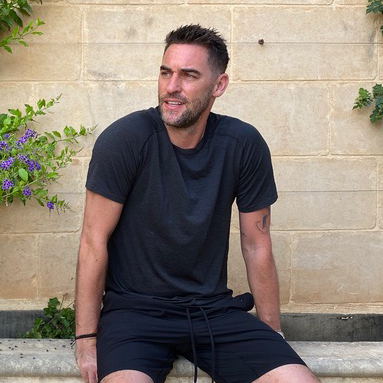
Rob Hobson is a registered nutritionist who has worked with some of the UK’s largest food and health companies. He's head of nutrition at Healthspan, has provided training to the public health sector on best practice and has a monthly column in Women’s Health magazine.
Is weighing food good for weight loss?
"I don’t think weighing your food is very positive," said Rob, when asked how helpful he thought my methods were.
"Once you get to the point that you’re weighing your food, it [can] become a bit obsessive. I don’t think it’s a very healthy way to eat. I don’t think it’s a positive way to eat. I don’t think it makes you enjoy food.
"I don’t think it teaches you anything about eating a balanced diet or anything about what a portion size looks like. It’s not something I would advise somebody to do."
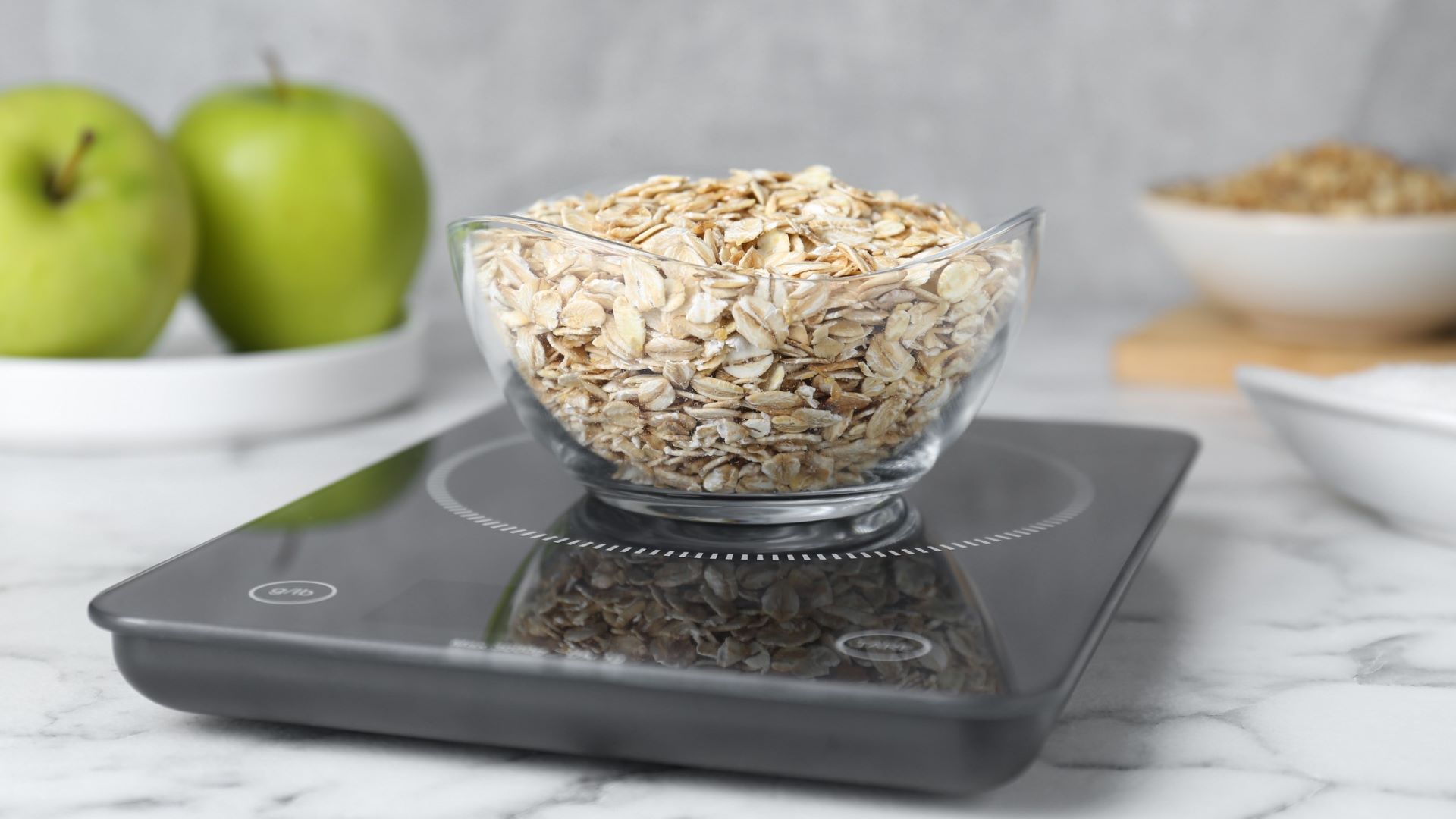
But what about macros? I still wanted to hit my protein intake goal, so I asked Rob if I was still allowed to keep weighing my chicken breast and eggs.
Get the Fit&Well Newsletter
Start your week with achievable workout ideas, health tips and wellbeing advice in your inbox.
"It doesn’t help you to engage with your body if you’re relying on numbers instead of what your body really needs," said Hobson. He also explained that a lot of online data doesn’t accurately reflect calories and protein content, so you shouldn’t rely on those numbers.
"You’re better off getting a basic gauge of what a [well-balanced] plate of food looks like—for instance, a handful of protein and a couple of handfuls of carbs."
But I want to lose weight—what should I do?
While Rob is adamant that I don’t need to be tracking calories or weighing my food, he did encourage me to wrap my head around portion sizes if I want to lose weight sustainably.
"You want to find something habit-changing and sustainable so that you can eat like that for the rest of your life and maintain a healthy weight," he explains.
Off the back of this, I decided to try a new approach: intuitive eating.
What is intuitive eating?
Intuitive eating is basically trying to tune into your body’s hunger cues, rather than restricting your diet according to calorie count or ingredient types. According to Harvard School of Public Health, it was developed in response to the negative mental and physical health effects caused by traditional diets.
While there are some pitfalls to intuitive eating (it’s not great for weight management in extreme cases of obesity, for diabetics who need to keep a close eye on their food intake, and for people whose hunger cues can be confusing) it is generally a positive choice, especially those with a history of disordered eating.
It encourages you to let hunger cues and cravings dictate your food choices. The idea is that if you are satisfying your desires as they arise you are more likely to do so in moderation and without triggering a binge later down the road. As someone who has struggled in the past with cycles of restriction followed by binges, this approach seems more compatible with my needs.
Many of us are damaged by diet culture. Research by UCLA published in the American Psychologist journal concluded that in most cases, those who crash diet to lose weight will just put it back on or gain more weight than they started with. As such, finding a way to eat that is sustainable in the long term might be the healthiest choice you can make for your body and your mind.
Going forward, I’m choosing to listen to my body and to look at what I can gain from each meal, instead of how many calories I’m consuming. Instead of looking at a can of chickpeas and seeing 351 calories, I’m noting the high protein and fiber content and deciding whether or not they are something I actually want to eat.

Lou Mudge is a Health Writer at Future Plc, working across Fit&Well and Coach. She previously worked for Live Science, and regularly writes for Space.com and Pet's Radar. Based in Bath, UK, she has a passion for food, nutrition and health and is eager to demystify diet culture in order to make health and fitness accessible to everybody.
Multiple diagnoses in her early twenties sparked an interest in the gut-brain axis and the impact that diet and exercise can have on both physical and mental health. She was put on the FODMAP elimination diet during this time and learned to adapt recipes to fit these parameters, while retaining core flavors and textures, and now enjoys cooking for gut health.
-
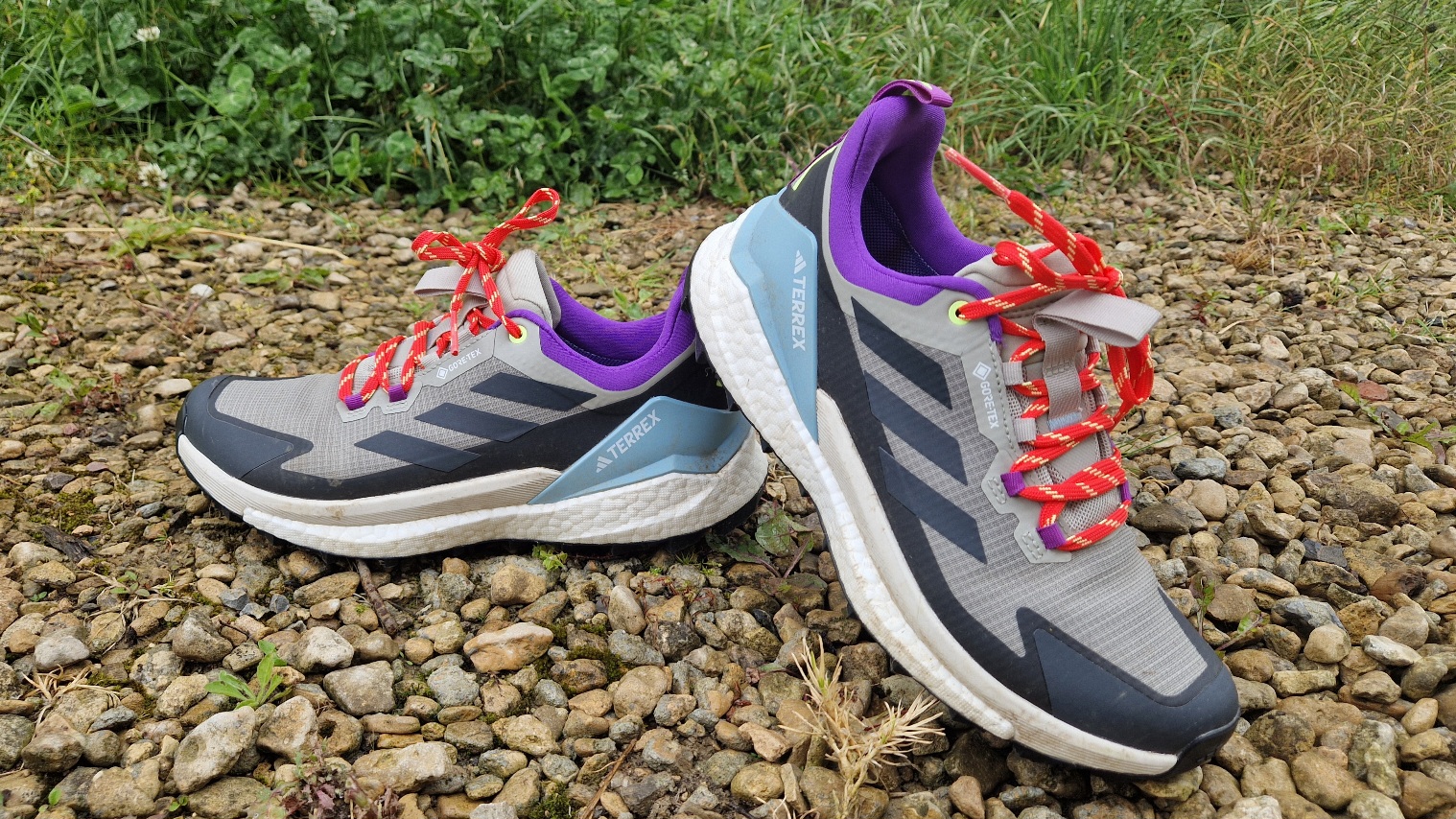 This might be your last chance to get my favorite waterproof walking shoe, and it's 25% off
This might be your last chance to get my favorite waterproof walking shoe, and it's 25% offDeal These Adidas Gore-Tex shoes are the most watertight I've tested
By Lou Mudge
-
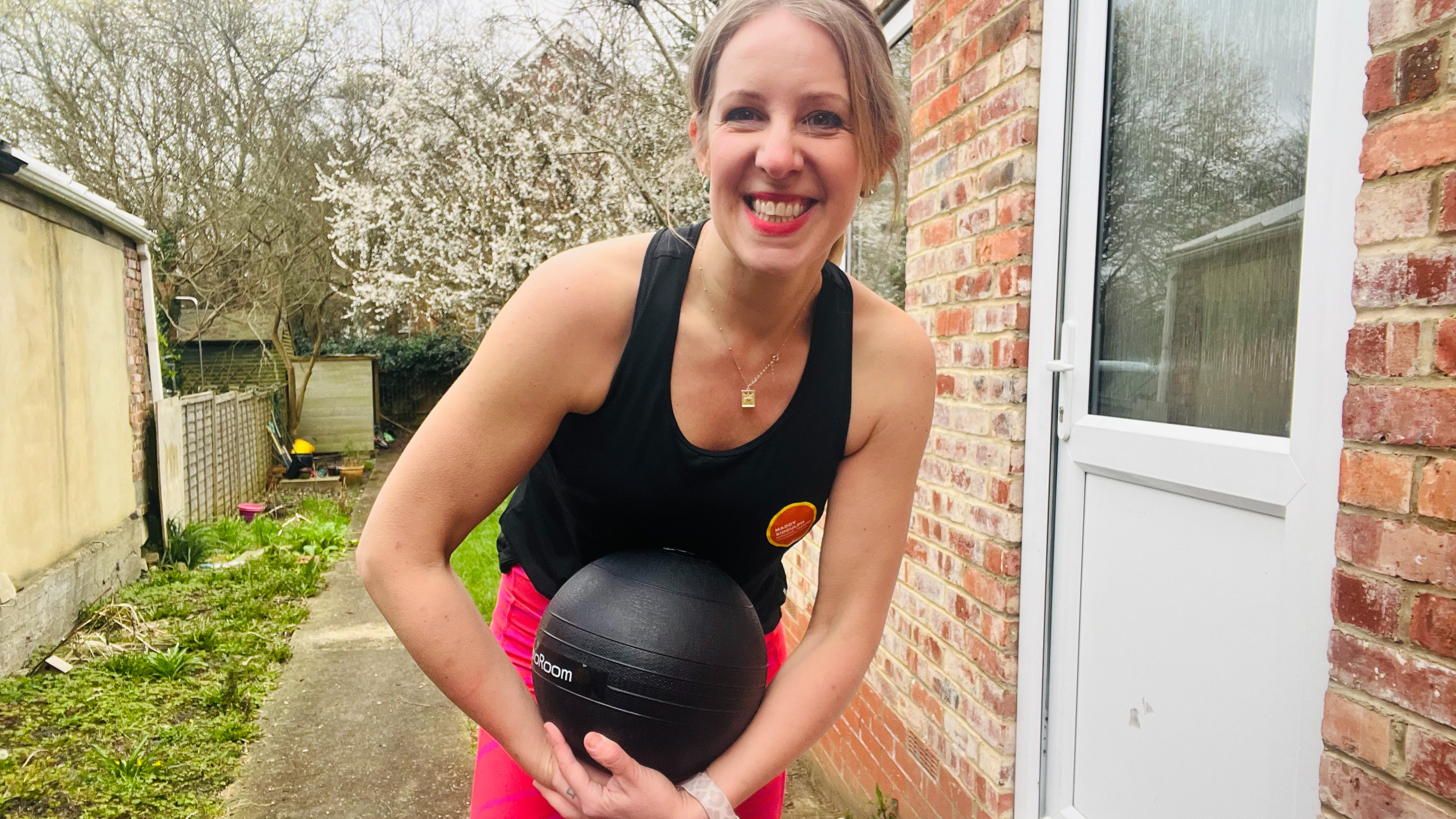 I tried wall balls for 30 days and the results surprised me
I tried wall balls for 30 days and the results surprised meTry this fitness challenge to boost total body strength
By Maddy Biddulph
-
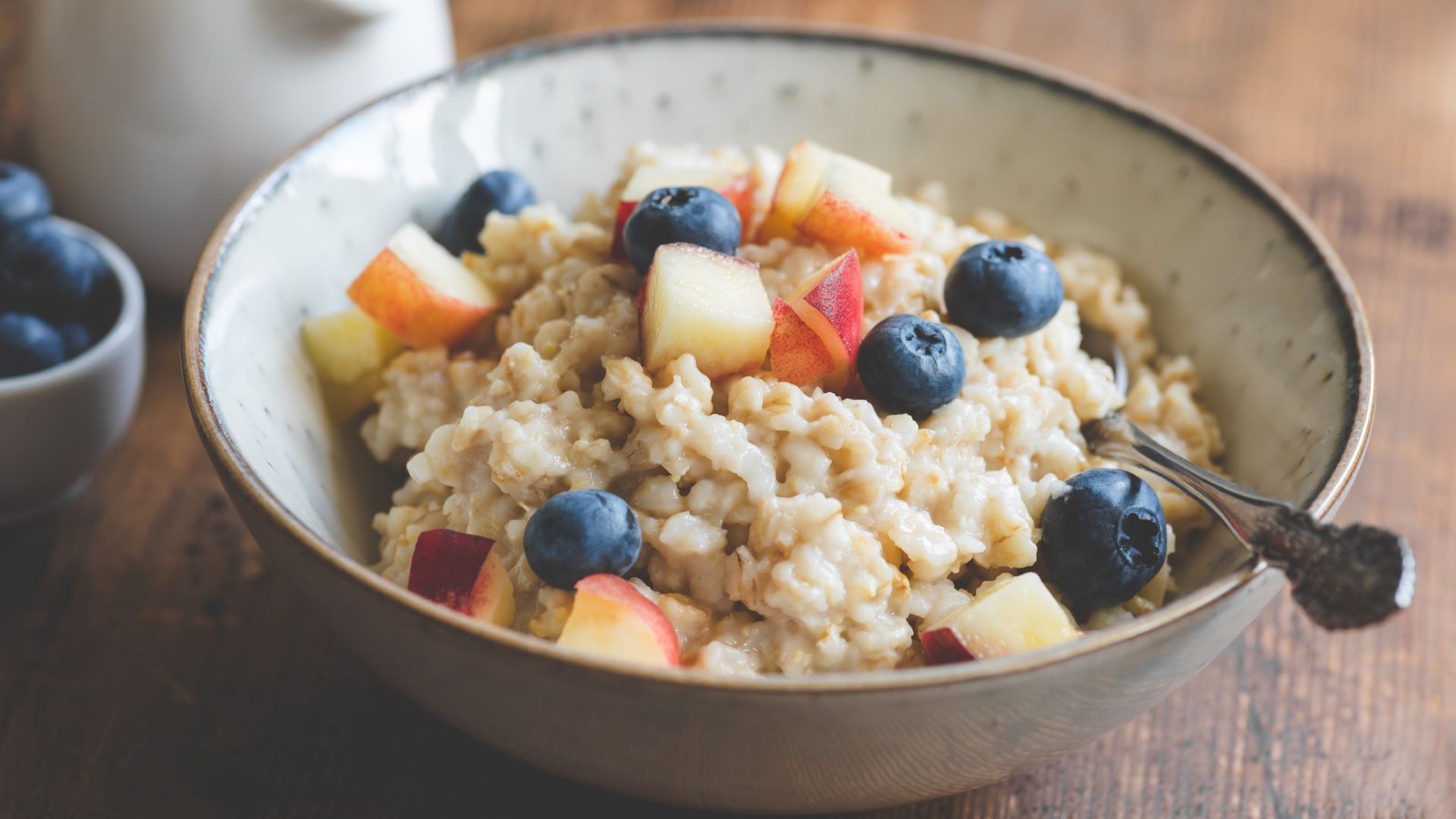 I added two new ingredients to my morning oatmeal to boost my fiber intake: here's what I found
I added two new ingredients to my morning oatmeal to boost my fiber intake: here's what I foundNutrition Getting enough fiber in your diet might seem like a challenge, but there are some quick additions you can make to boost the fiber in your regular meals
By Lou Mudge
-
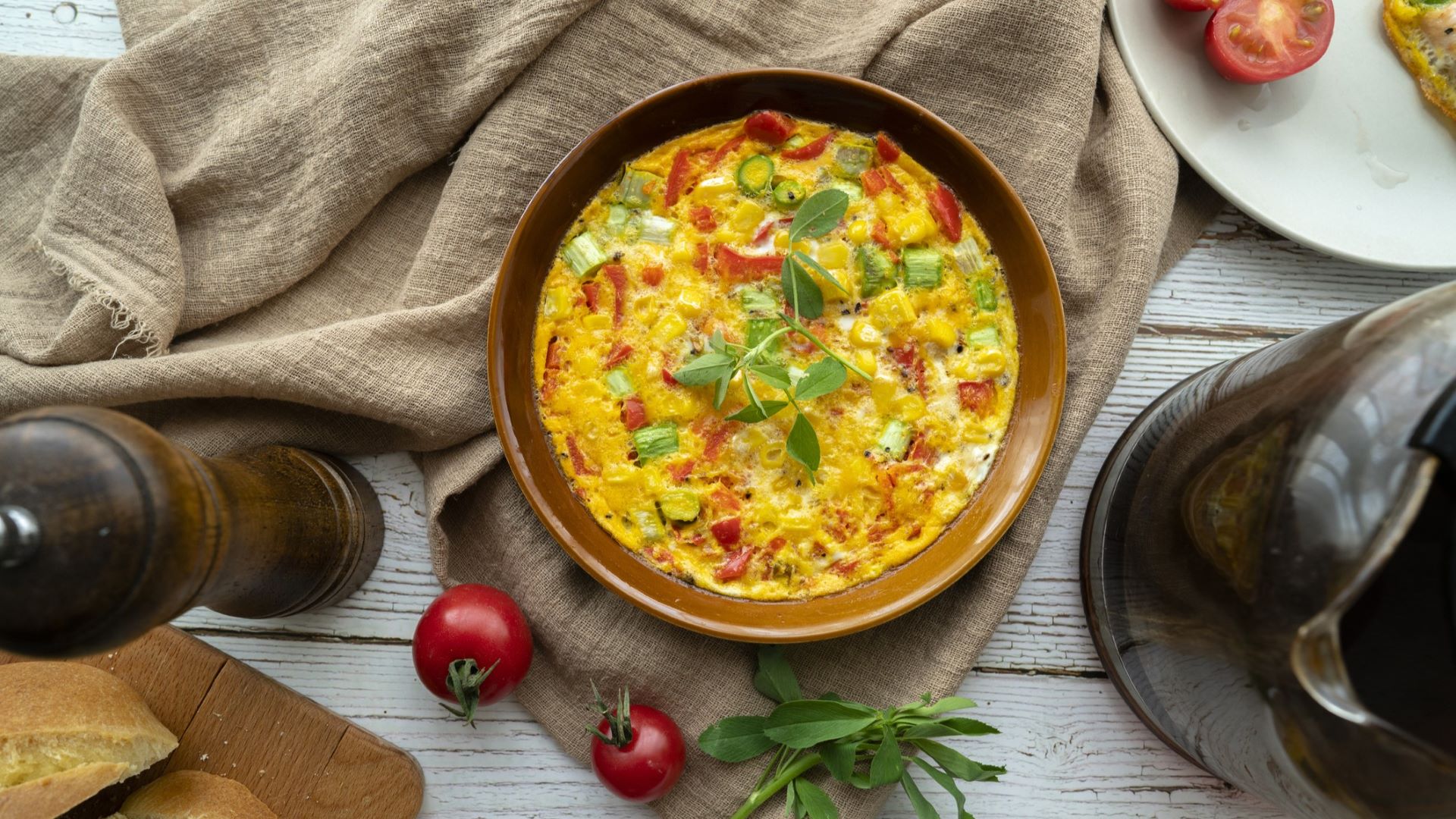 This dietitian's delicious veggie breakfast delivers 24g of protein and is only 210 calories
This dietitian's delicious veggie breakfast delivers 24g of protein and is only 210 caloriesNutrition Try this crustless quiche for a tasty, high-protein start to the day
By Lou Mudge
-
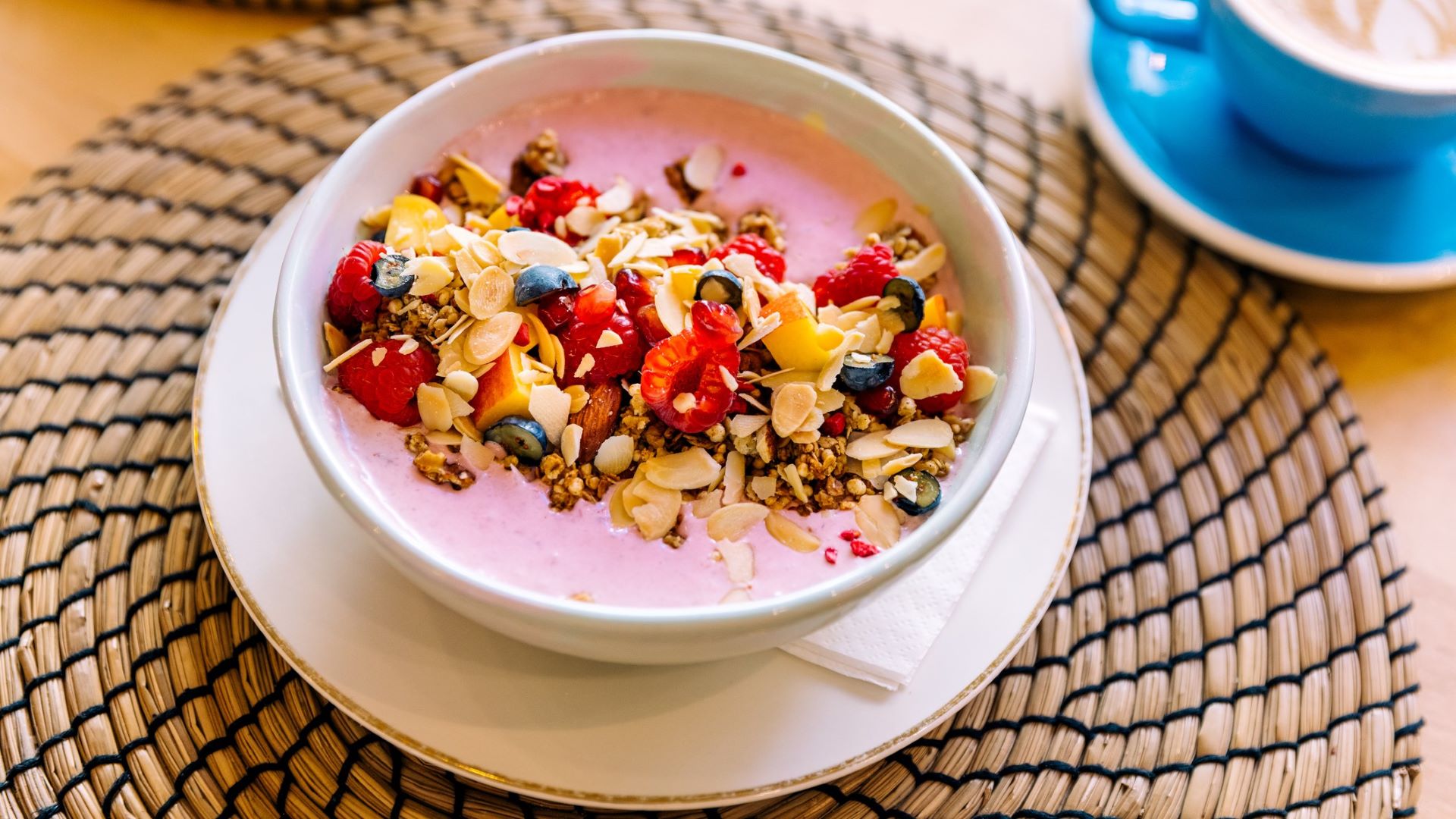 A sports dietitian says that this is the one thing you should prioritize eating after your workout—and it's not protein
A sports dietitian says that this is the one thing you should prioritize eating after your workout—and it's not proteinNutrition Restore your depleted energy stores with a healthy dose of carbohydrates
By Lou Mudge
-
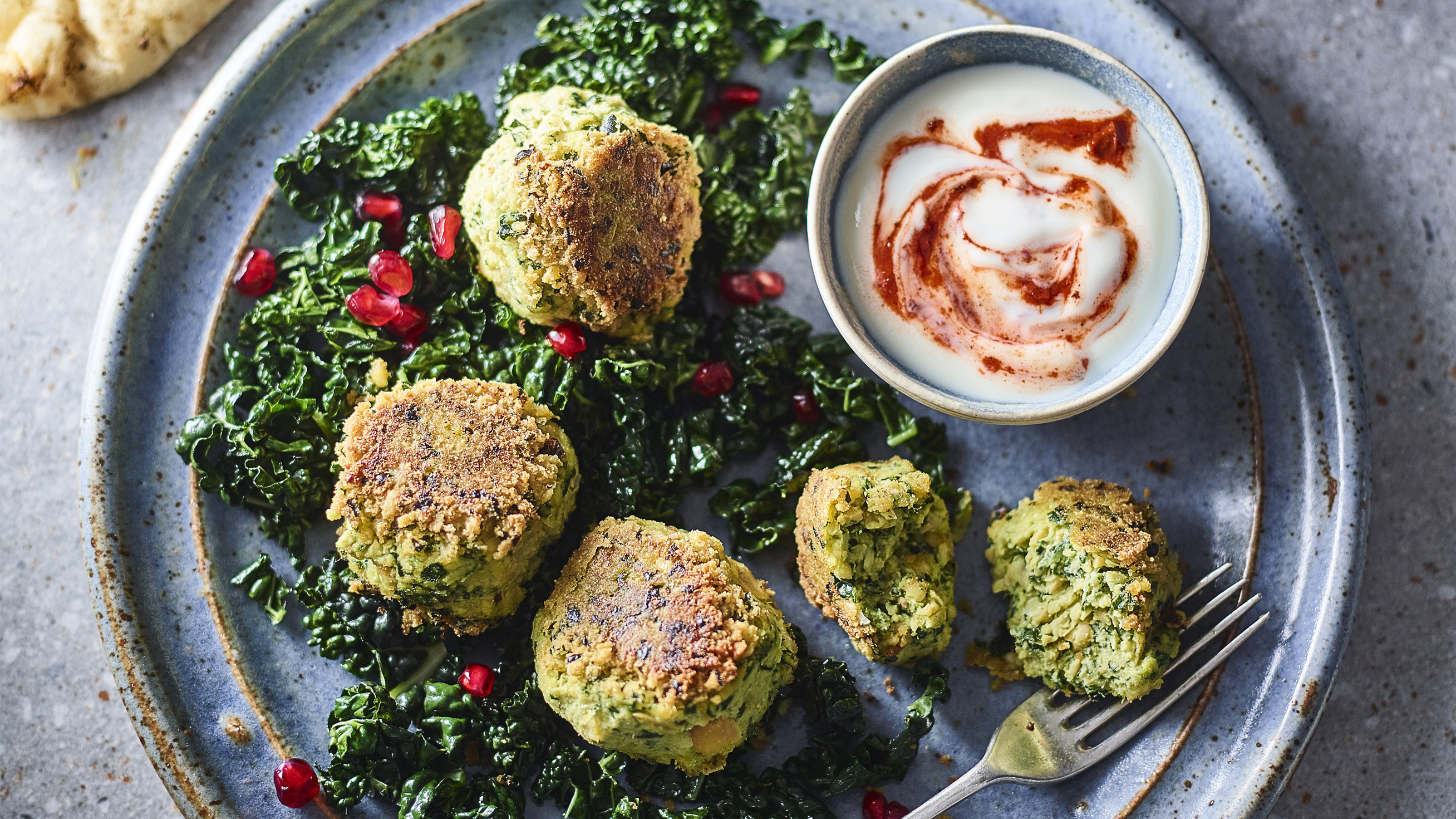 This fiber-rich vegan meal packs in 20g of protein and only takes 20 minutes to cook
This fiber-rich vegan meal packs in 20g of protein and only takes 20 minutes to cookNutrition Warm yourself up for World Vegan Month with these delicious falafels
By Lou Mudge
-
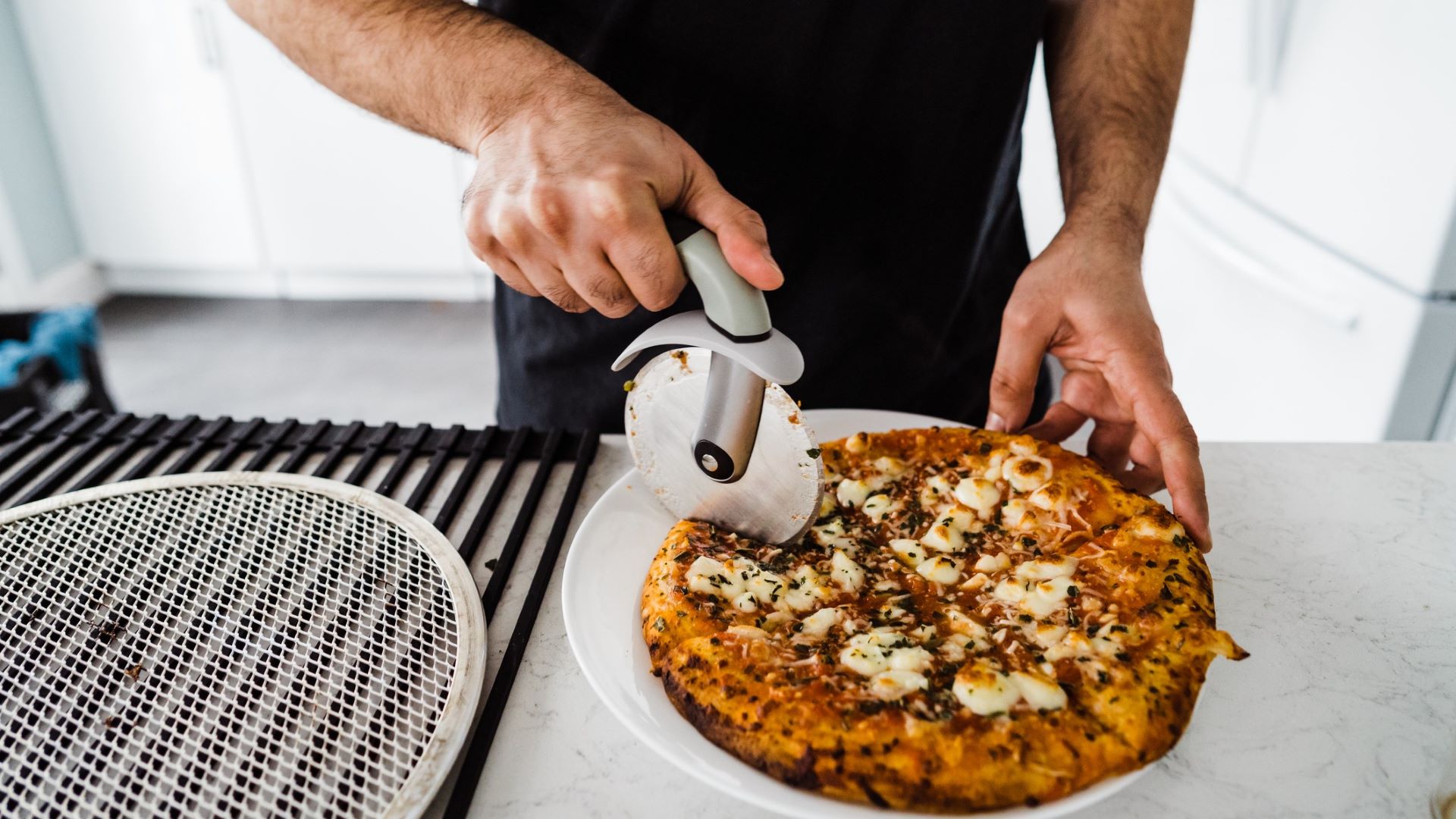 A dietitian recommends using this simple trick to make your frozen pizza healthier
A dietitian recommends using this simple trick to make your frozen pizza healthierWorkout There's room for all foods in a balanced diet—even frozen pizza
By Lou Mudge
-
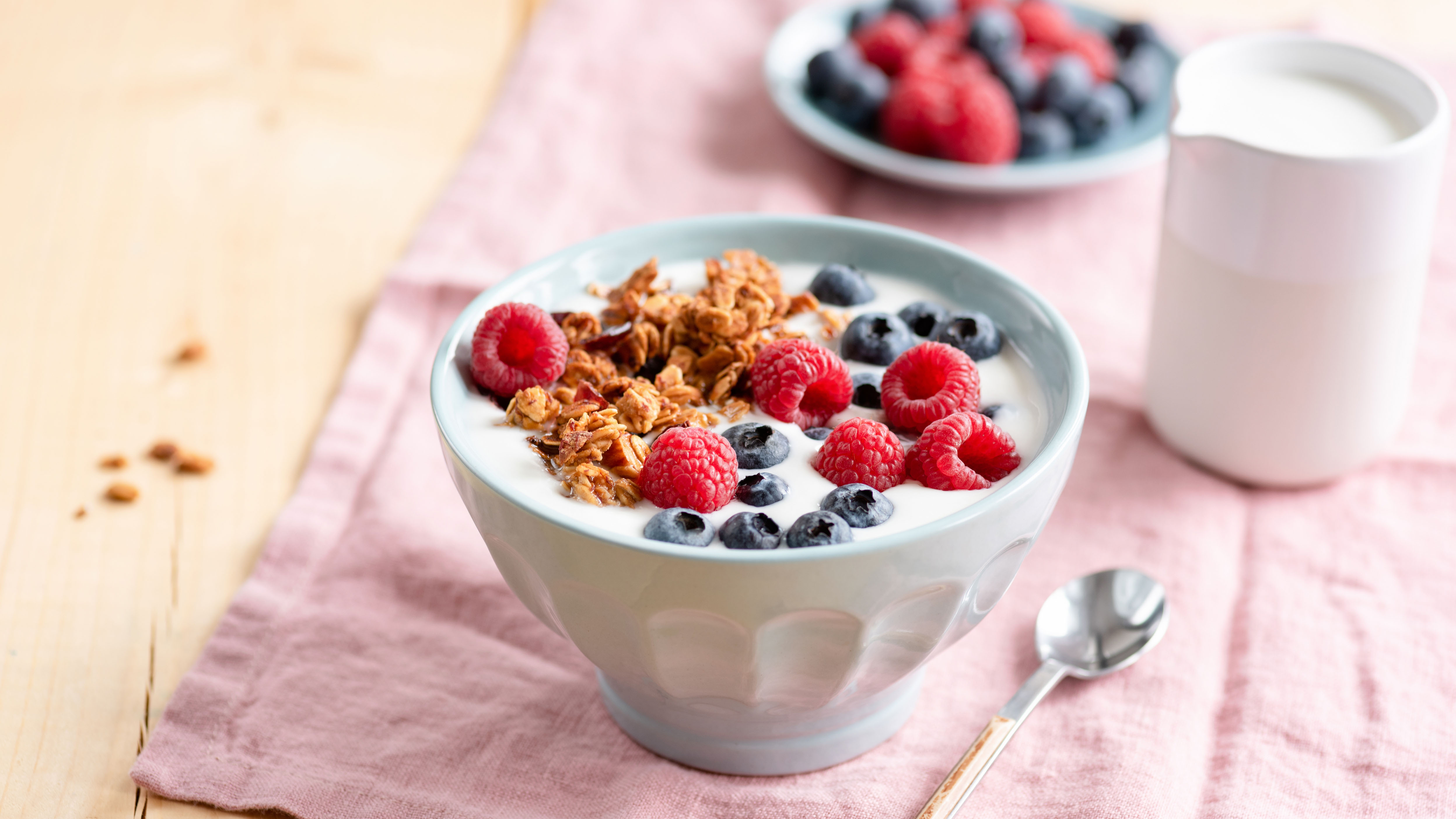 Eight foods with hidden sugar
Eight foods with hidden sugarWellness Trying to cut down on the sweet stuff? Here are eight foods with hidden sugar that you should avoid
By Joanne Lewsley
-
 Vitamins on sale: the best health supplements to support your wellbeing
Vitamins on sale: the best health supplements to support your wellbeingDeals Keep your health on track and for less with these vitamins on sale
By Alice Ball